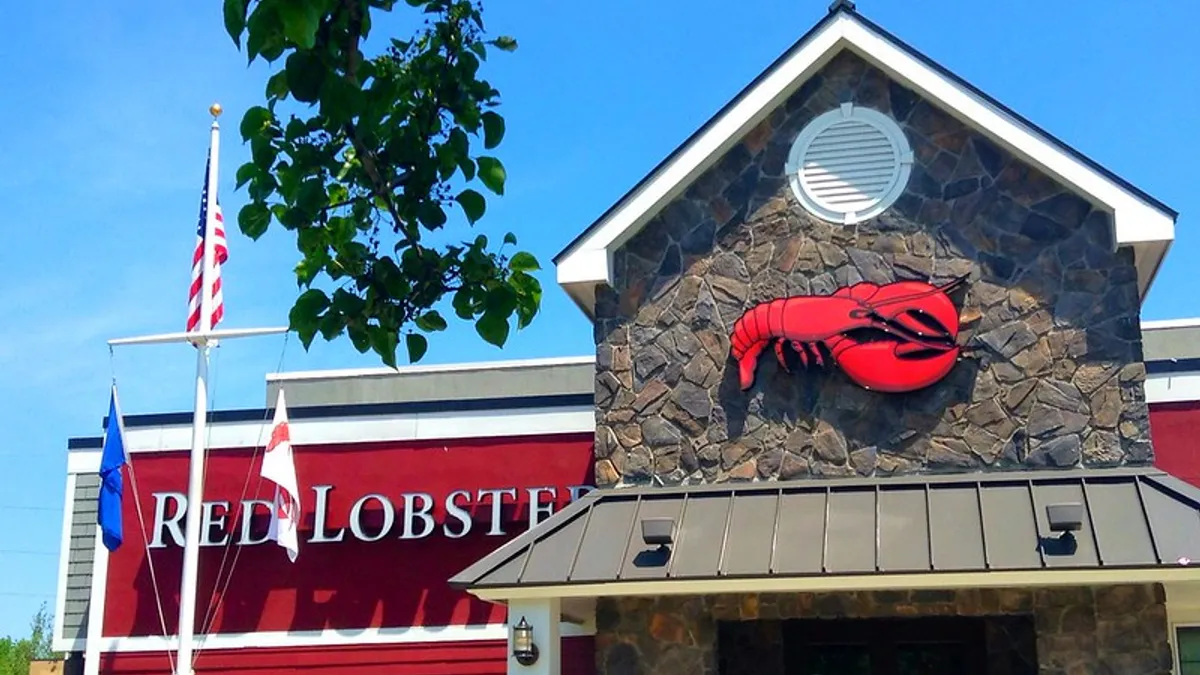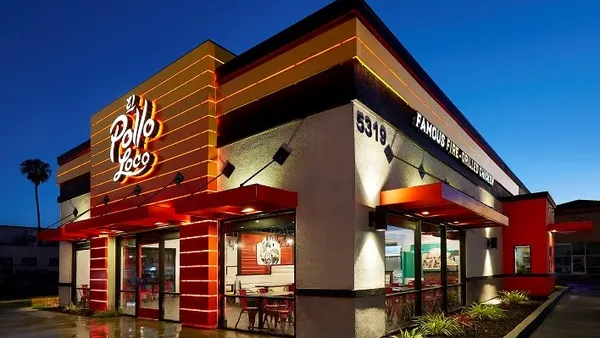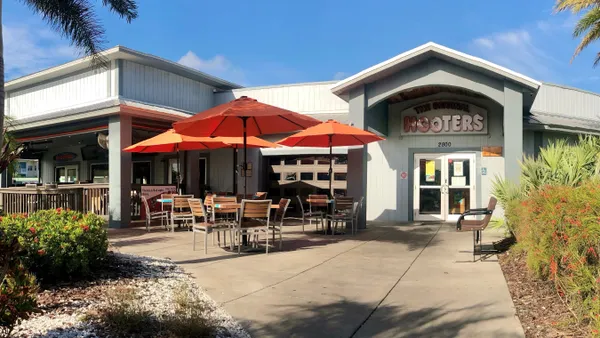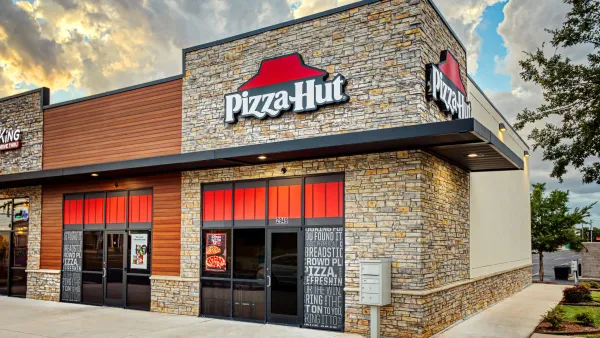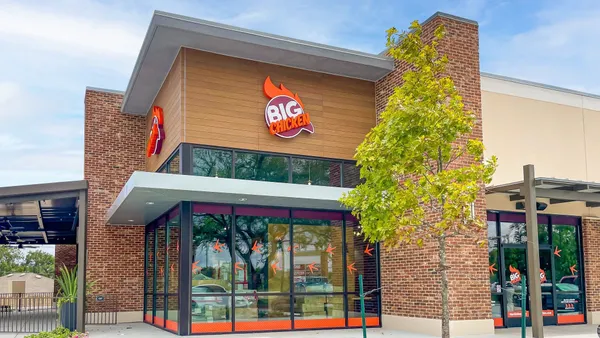Dive Brief:
- Golden Gate Capital sold its remaining equity stake in Red Lobster to existing investor Thai Union Group, a group of investors under the banner Seafood Alliance consisting of global restaurateurs and hospitality executives, and Red Lobster management, according to a press release. Golden Gate Capital bought the chain from Darden in 2014 for $2.1 billion.
- Thai Union is a publicly traded global seafood supplier and previously invested $575 million in the chain in 2016 for a 25% stake in the company and another 24% stake that it will be able to convert in 2026.
- Red Lobster will remain headquartered in Orlando, Florida, led by CEO Kim Lopdrup and current management. Financial terms of the transactions were not disclosed.
Dive Insight:
Analysts have predicted since the early days of the pandemic that Red Lobster would be among the restaurant chains to fare worse. Moody’s downgraded its rating of the chain to a negative outlook during the spring, according to Seafood Source. William Fahy, vice president and senior credit officer for Moody's, told the publication that Red Lobster, with its seafood-centric menu, makes it an easier for groups to veto because if one person doesn't want seafood, the whole group would have to nix it.
As dining rooms began reopening in June, restarting the seafood supply chain has been complicated with fisherman not going out on boats during the height of the pandemic, which reduced the availability of seafood.
The chain also has a $380 million loan that is due next summer, and in mid-August, the company tapped adviser Guggenheim to explore strategic options, according to FSR Magazine, which cited Debtwire. Weeks afterward, the chain said it could close a few restaurants, but wouldn't shutter locations en masse as it worked through repaying this loan. The company already reduced overhead costs, its workforce and marketing expenses, Joerg Ayrle, chief financial officer for Thai Union, told the Orlando Sentinel.
The company had been growing sales reaching nearly $2.5 billion in 2019, according to Technomic, an increase of 1.6% compared to a decline of 1.2% in 2018. It also started the year with about $216 million in cash.
The sale of Golden Gate's stakes will likely help the company raise additional capital to try and recoup the losses it sustained during the pandemic. The company added touchless delivery and contactless curbside pickup, as well as Family Feasts, according to the press release. As of Aug. 31, 99% of company-owned locations were open for to-go and delivery with 88% of dining rooms open.
"The pandemic has pushed us to rethink the guest experience, and we successfully rolled out new initiatives that allowed us to quickly and safely grow our off-premise sales," Lopdrup said in the press release. "We are pleased that we have maintained off-premise sales at triple our pre-crisis levels even after reopening the large majority of our dining rooms."



